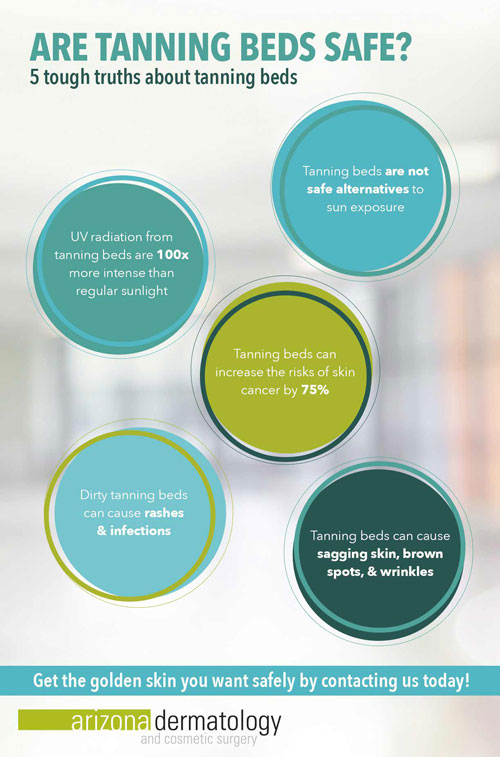Benefits of Tanning Bed
Tanning beds have gained popularity in recent years as a convenient way to achieve a sun-kissed glow. In this article, we will explore the various benefits of using a tanning bed and how it can enhance your overall well-being. With our comprehensive guide, you will discover why tanning beds are more than just a beauty trend.
Enhanced Vitamin D Production
One of the significant advantages of using a tanning bed is the increased production of vitamin D in your body. Vitamin D plays a crucial role in maintaining healthy bones, boosting the immune system, and reducing the risk of certain diseases. By exposing your skin to controlled UV radiation, tanning beds stimulate the production of vitamin D, especially in regions with limited sunlight.
Improved Mood and Mental Health
Regular tanning bed sessions can have a positive impact on your mood and mental well-being. Exposure to UV rays stimulates the release of endorphins, also known as the “feel-good” hormones. These endorphins promote a sense of relaxation and happiness, helping to alleviate symptoms of depression and anxiety. Additionally, tanning beds can provide relief from seasonal affective disorder (SAD) during darker months.
Enhanced Skin Health
Contrary to popular belief, responsible tanning bed usage can improve the health of your skin. Controlled exposure to UV rays can help treat certain skin conditions such as psoriasis, eczema, and acne. The UV radiation has an anti-inflammatory effect, reducing redness and irritation. Additionally, tanning beds can stimulate the production of melanin, leading to a more even skin tone and a natural glow.
Increased Vitamin B12 Absorption
Tanning beds can also aid in the absorption of vitamin B12, a vital nutrient for maintaining a healthy nervous system and red blood cell production. Research suggests that UV radiation can enhance the body’s ability to absorb vitamin B12, which is particularly beneficial for individuals with deficiencies or malabsorption issues.
Boosted Confidence and Body Image
Using a tanning bed can help boost self-confidence and improve body image. Achieving a tan can make you feel more attractive, which can positively impact your self-esteem. Tanning beds offer a controlled environment where you can achieve the desired level of tan, helping you feel more comfortable and confident in your skin.

In conclusion, tanning beds offer numerous benefits beyond just a bronzed complexion. From increased vitamin D production and improved mood to enhanced skin health and vitamin B12 absorption, the advantages of responsible tanning bed usage are undeniable. Remember to always follow safety guidelines, limit your exposure, and consult with a healthcare professional if you have any concerns. Embrace the benefits of tanning beds and enjoy a healthier, happier you!
Frequently Asked Questions – Benefits of Tanning Bed
Q1: Are tanning beds safe for my skin?
A1: Tanning beds emit UV radiation, which can damage your skin and increase the risk of skin cancer. It is recommended to limit your exposure to tanning beds.
Q2: Can tanning beds help in vitamin D production?
A2: Yes, tanning beds can stimulate vitamin D production in your skin. However, it is important to balance the benefits with the potential risks of UV exposure.
Q3: Do tanning beds improve acne?
A3: Some people claim that tanning beds can help improve acne, but there is limited scientific evidence to support this claim. It is best to consult a dermatologist for acne treatment.
Q4: Can tanning beds help treat seasonal affective disorder (SAD)?
A4: Tanning beds emit UV rays that can simulate sunlight and potentially alleviate symptoms of SAD. However, other treatments like light therapy are more commonly recommended.
Q5: Are tanning beds effective in treating psoriasis?
A5: Tanning beds can provide temporary relief for psoriasis symptoms, but it is not a long-term solution. Consult a dermatologist for appropriate psoriasis treatment.
Q6: Do tanning beds help in reducing the risk of osteoporosis?
A6: Vitamin D produced by tanning beds can aid in calcium absorption, which is important for bone health. However, other factors like diet and exercise play a more significant role in reducing osteoporosis risk.
Q7: Can tanning beds improve the appearance of scars?
A7: Tanning beds may temporarily darken scars, making them less noticeable. However, excessive UV exposure can hinder the healing process. Consult a dermatologist for scar treatment options.
Q8: Do tanning beds help in boosting mood and reducing stress?
A8: Some individuals experience a temporary mood boost after tanning due to the release of endorphins. However, long-term effects on mood and stress reduction are not well-established.
Q9: Can tanning beds help in reducing the risk of multiple sclerosis (MS)?
A9: Limited research suggests that vitamin D produced by tanning beds may have a protective effect against MS. However, more studies are needed to establish a clear link.
Q10: Are tanning beds a safer alternative to natural sun exposure?
A10: Tanning beds can be more intense than natural sunlight and increase the risk of skin damage and cancer. It is generally recommended to practice sun safety and limit tanning bed use.




